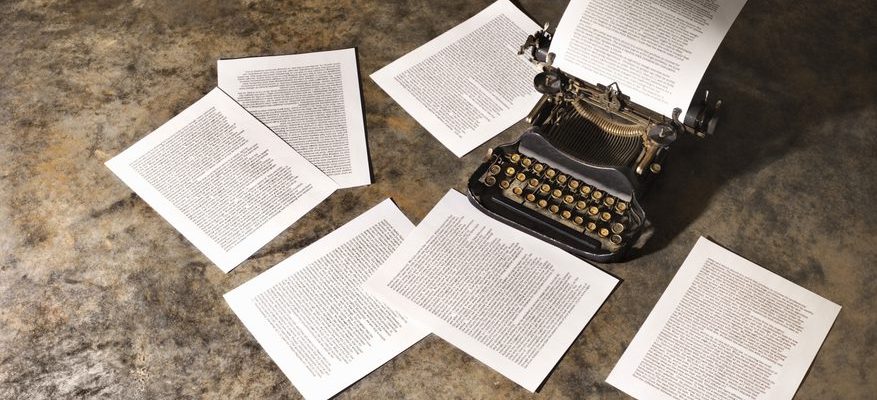How to Write a Five-Paragraph Critique

Post Published On:
A critique, in general, is a response to some piece of creative work. This assignment may focus on a painting, a novel, a movie, or poetry. Sometimes you may also write a critique of a media item. The main aim of this assignment is to provide the evaluation of the general usefulness of the considered work. Thus, your arguments shouldn’t be strictly analytical. Let’s take a look at the whole writing process, step-by-step.
Prepare
It’s impossible to write a good assignment without preparation. First of all, check your prompt. You have to understand your instructions and the type of work. For example, if your task is described as a “critical review,” “critique,” “critical evaluation,” or “critical assessment,” it means that you will need to provide more than just a brief summary, evaluating the work and expressing a certain opinion.
Once you’ve checked your assignment, get to the work you have to write about. Let’s say, it’s a text. You have to read it carefully, taking notes about everything that seems useful for your critique. We suggest noting answers to a few important questions:
- What is the author’s target audience? This question is important to evaluate the success of the work. For example, adult readers may not fully appreciate a book written for young children.
- Did this work raise any questions while you’ve been reading it? Have you learned something new from it? What is the most important thing you’ve read in this book?
- Did the essay writer state his or her point clearly? Why? Support your answer with evidence from the text.
- What were your reactions to this book or article? Is it associated with any sort of emotions?
Along with a quick analysis of the work, you also need to do a little research. You will need a research if your assignment is related to some general issues or if it’s important in a larger context. In this case, you have to understand this context and provide your readers with the necessary background information. For example, if you’re writing about a movie, you may need to know other movies created by the same director as well as other popular movies of this genre. In order to use only verified and reliable sources, search for information in Google Scholar, or your school library.
Write an Introduction
To start with, provide some basic information about the work: the title, the author’s name, the date of publication. After this, introduce your readers to a general context of the work. You need to describe issues that pushed the author to create this work. Sometimes you may need to explain the historical situation this book or article was written in. However, you don’t need to write everything in details, all you need to do is give your readers enough information so that they can understand the rest of your critique.
- If you’re assessing a scientific work, tell your readers about other important research articles in this field and what is the place of the considered work in the academic discussion.
- Writing about a novel, focus on its genre and details about the writer’s biography that seem useful for your critique.
- When considering a news article, focus on the political and social context of the media source (e.g., The Washington Post, Fox News, CNN, etc.) and on the issues it is devoted to.
In the central part of your introduction, summarize the author’s goals — why he or she decided to create such a work. After this, describe its main points. Don’t forget that you must be concise. The main thought of the work is not always expressed literally — it may be presented in a form of symbolism.
Write the Body of Your Critique
First of all, you have to organize your points. You need to write your critique in three paragraphs, devoting one paragraph to one important argument of your evaluation. In case you have more than three points, sort them into three categories and devote each paragraph to a particular category
Don’t forget to address the style of the work and techniques used by the author. In case of the scientific work, describe methods of collecting the data. In case of a media item, you may need to focus on used evidence and arguments, evaluating them in terms of logic and reliability.
Finally, express your opinion on the contribution of this work to the topic. Discuss its original ideas and its influence on the culture or some genre of art.
Write Your Conclusion
The conclusion is the last paragraph of your work, and it must provide readers with your general assessment of the work. You must clarify whether or not the author accomplished his or her goals successfully, and how it was done. Don’t forget to remind important points from the body part.